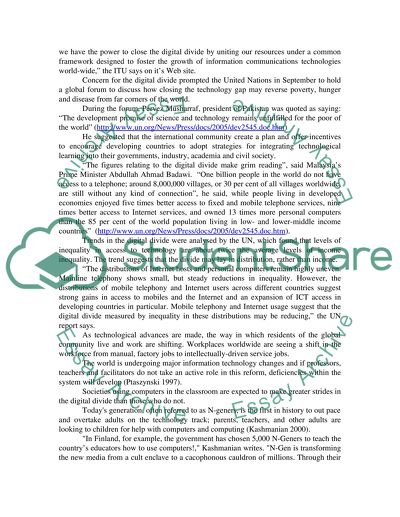Cite this document
(“Technological development in Information Society Essay”, n.d.)
Retrieved from https://studentshare.org/technology/1502304-technological-development-in-information-society
Retrieved from https://studentshare.org/technology/1502304-technological-development-in-information-society
(Technological Development in Information Society Essay)
https://studentshare.org/technology/1502304-technological-development-in-information-society.
https://studentshare.org/technology/1502304-technological-development-in-information-society.
“Technological Development in Information Society Essay”, n.d. https://studentshare.org/technology/1502304-technological-development-in-information-society.


